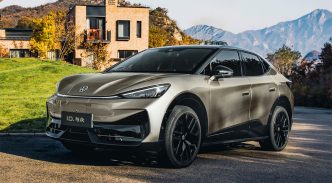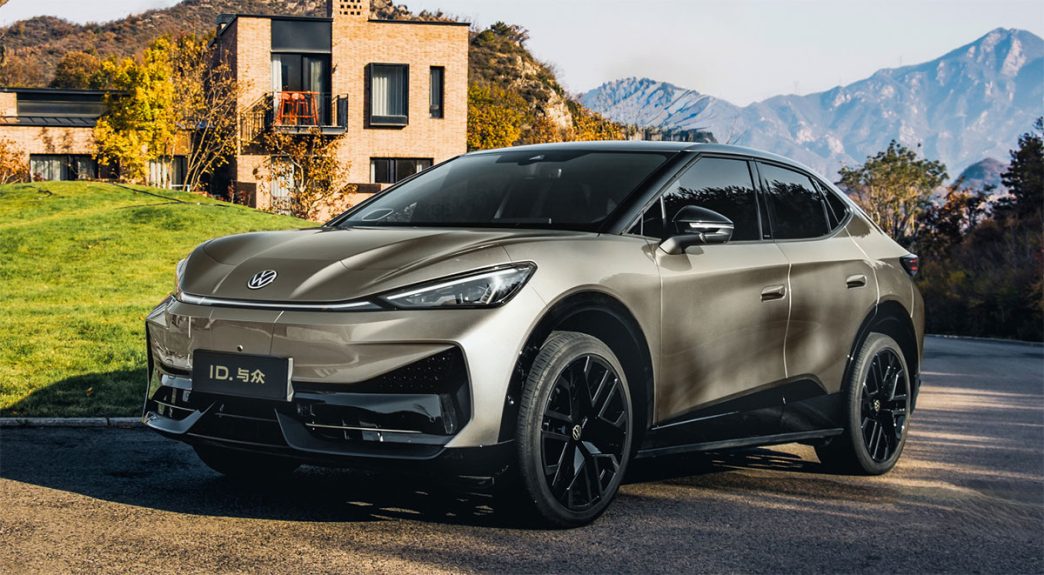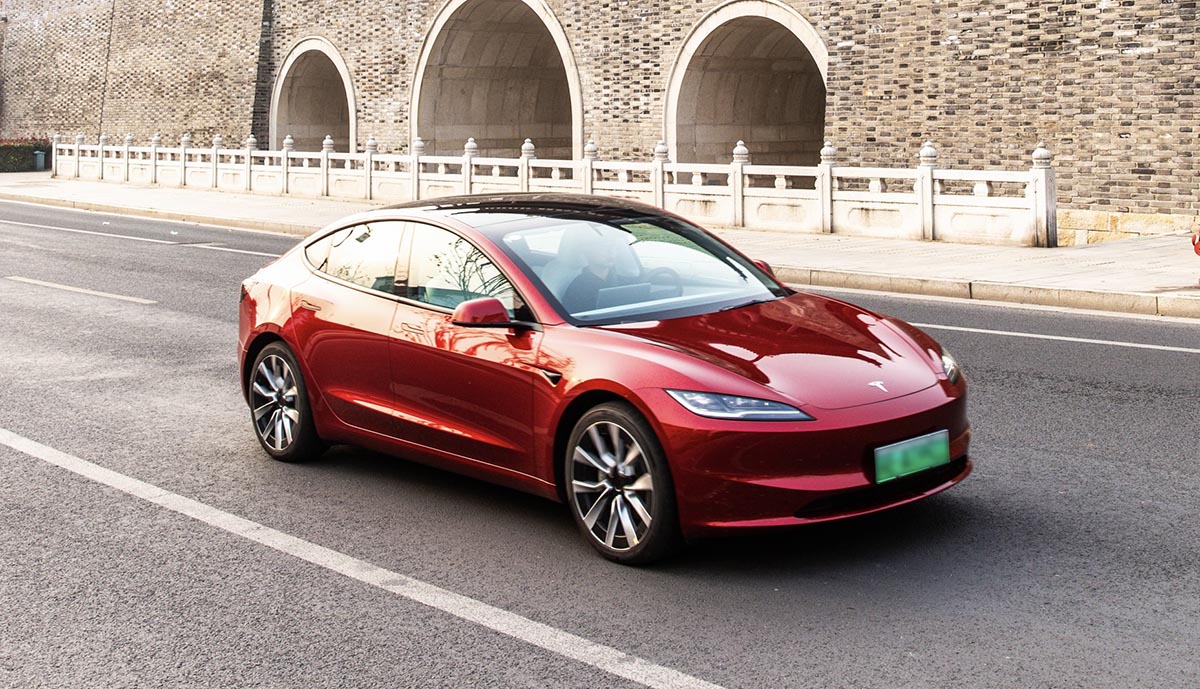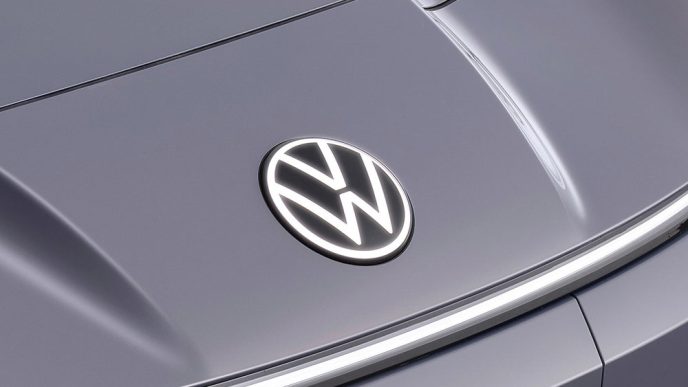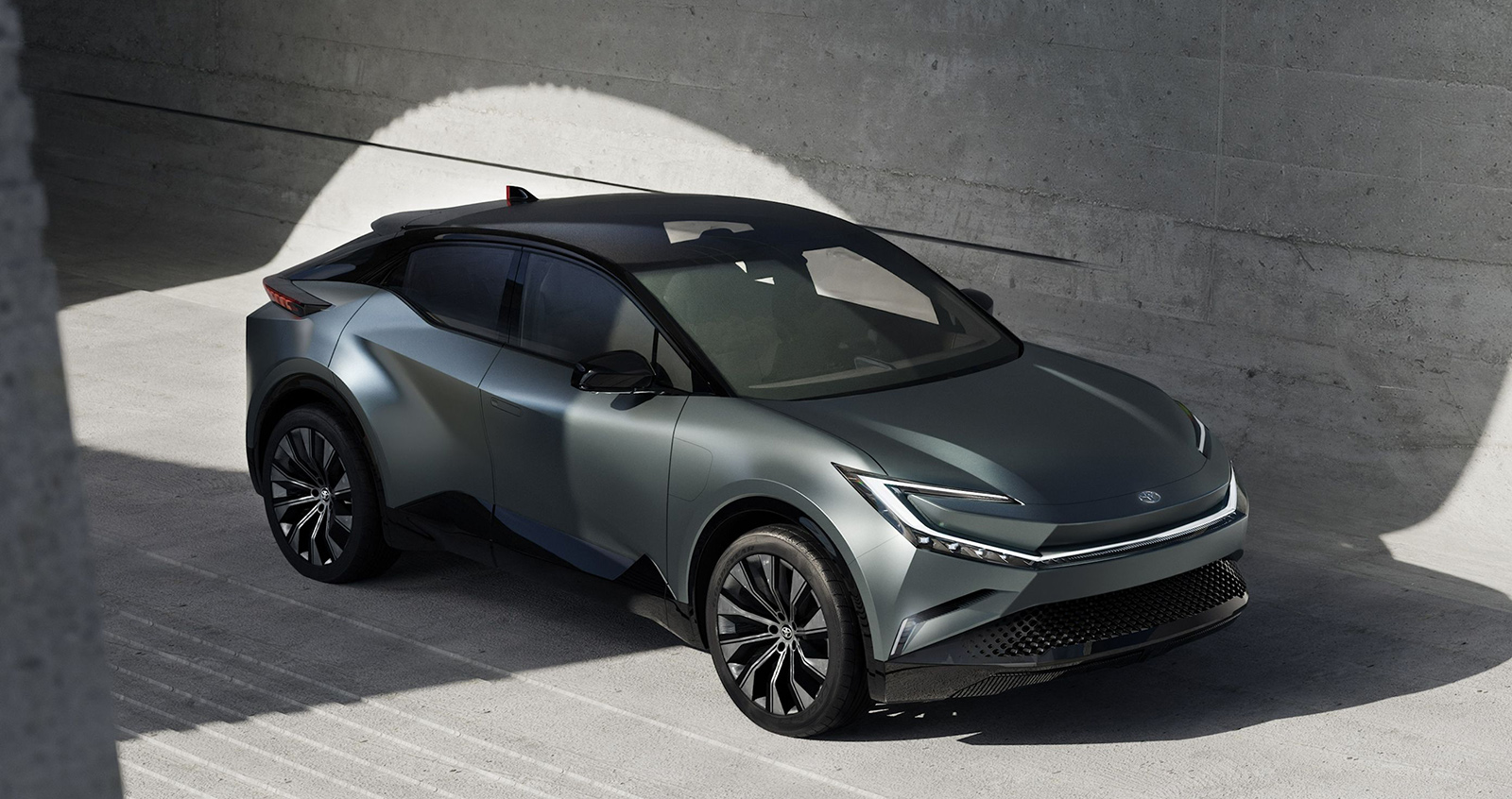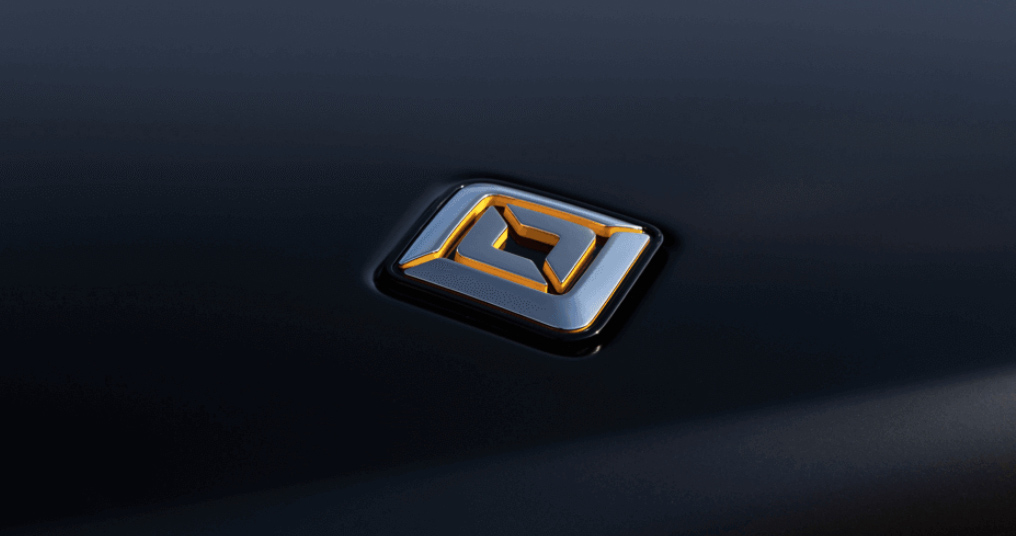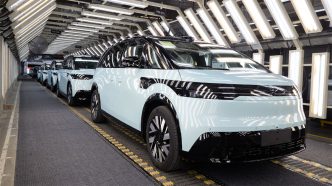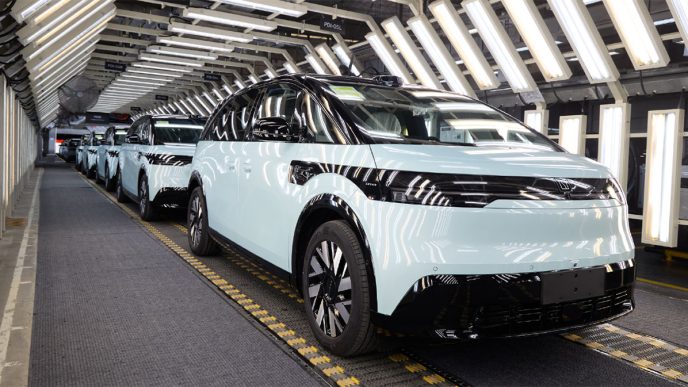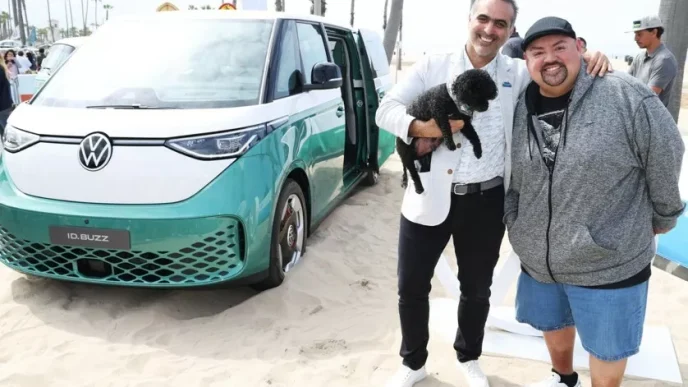Volkswagen Anhui, the Chinese joint venture majority-owned by Volkswagen, is set to shift from the MEB (Modular Electric Drive Matrix) platform to the CEA (China Electric Architecture) for its upcoming electric vehicle (EV) models. This change comes amid disappointing sales of its ID.UNYX model, which launched in July. Local media outlet AutoPix reported that only a few hundred units of the ID.UNYX have been sold, despite some large customer orders.
The first model based on the new CEA architecture is expected to begin production in late 2025, with a market launch slated for 2026. Consequently, the rollout of Volkswagen Anhui’s next planned model, initially intended to follow the ID.UNYX, will be delayed until after the CEA-based vehicle hits the market. This marks a shift from Volkswagen Anhui’s original strategy, which had planned to launch four models by 2026, including some based on the MEB platform.
The CEA platform, developed in partnership with Xpeng, will replace the MEB in future Volkswagen Anhui models. The move is part of the company’s broader strategy to cater to the Chinese market, where it has faced challenges with its MEB-based vehicles. Volkswagen Anhui’s current EV range, including the ID.UNYX and the Audi Q4 e-tron, is built on the MEB platform.
Volkswagen Anhui’s first model, the ID.UNYX, is priced from RMB 209,900 ($29,320), with the company offering significant discounts to attract customers. Those who purchase the vehicle before December 31 will benefit from a RMB 40,000 discount, lowering the starting price to RMB 169,900. Additionally, buyers who make their purchase before November 8 will receive cash compensation.
Looking ahead, Volkswagen Anhui plans to introduce vehicles based on the CEA architecture starting in 2026, with a lower price range between RMB 140,000 and RMB 180,000.

